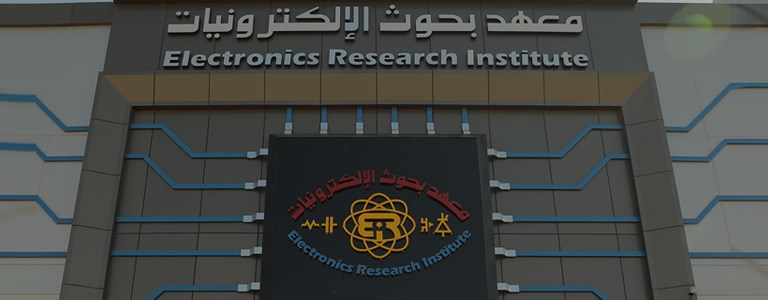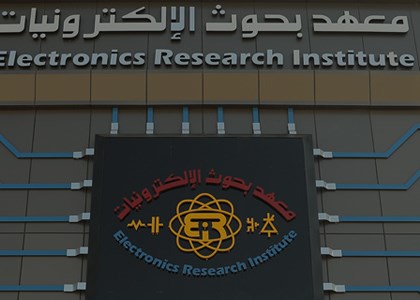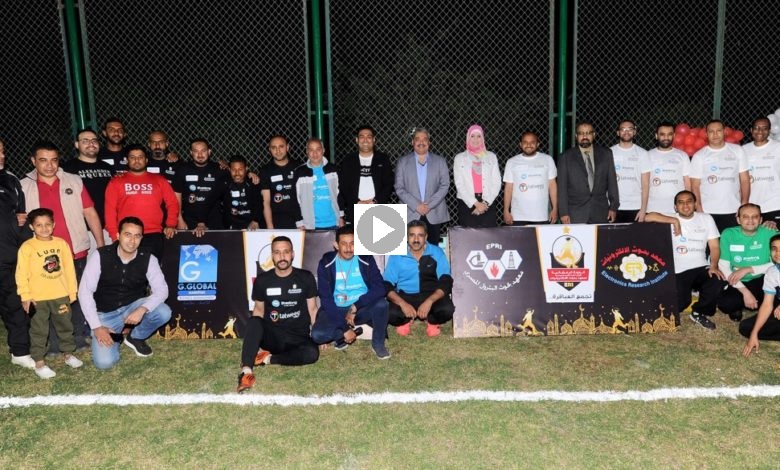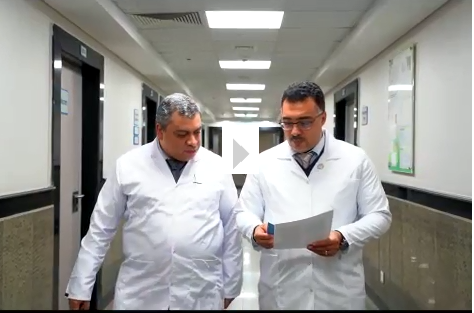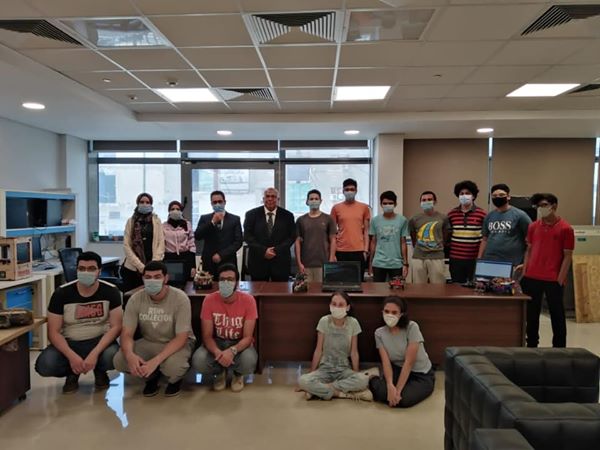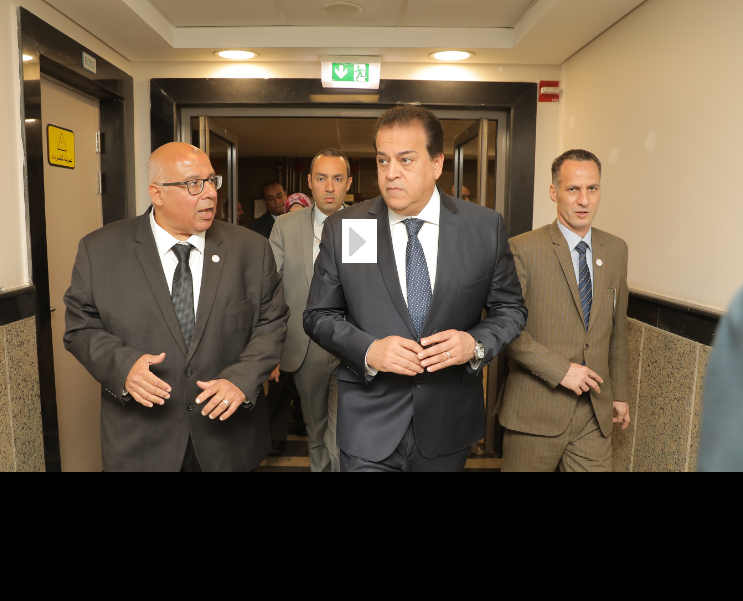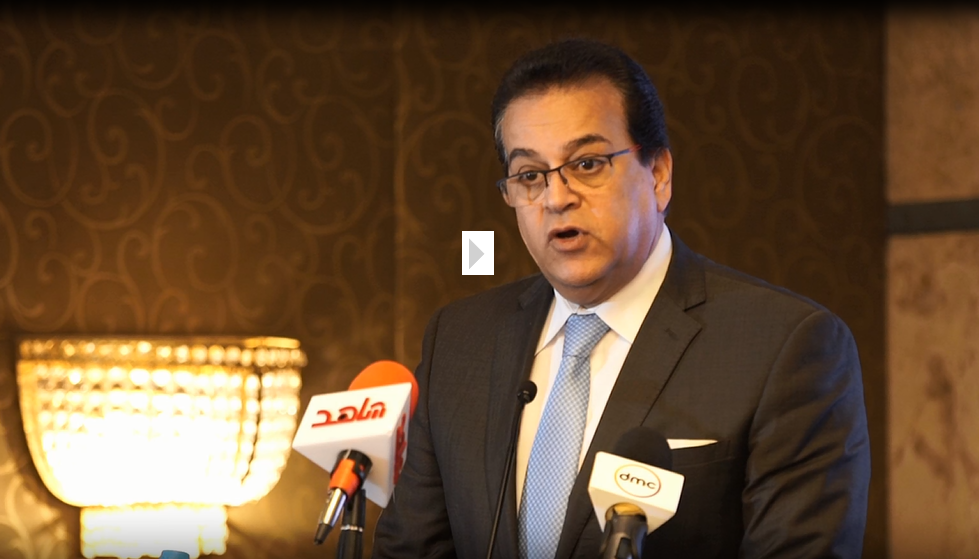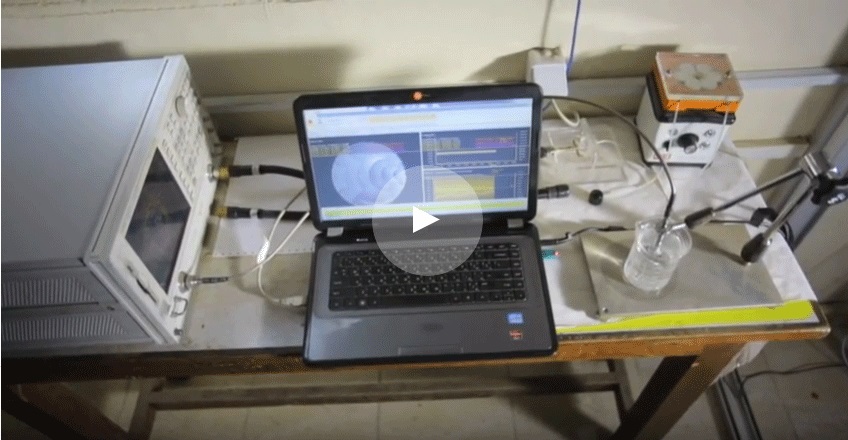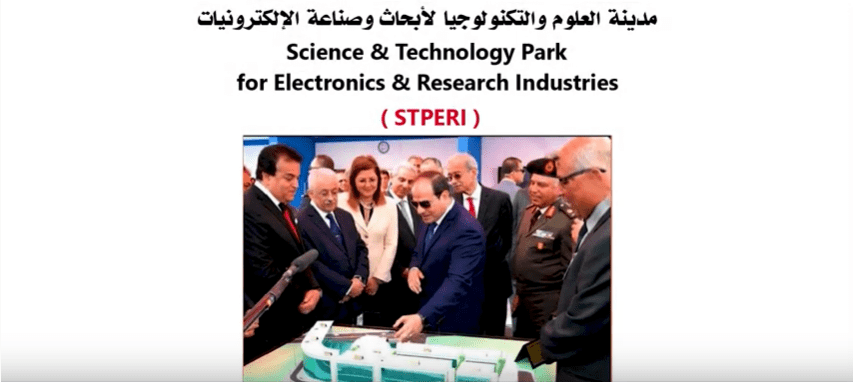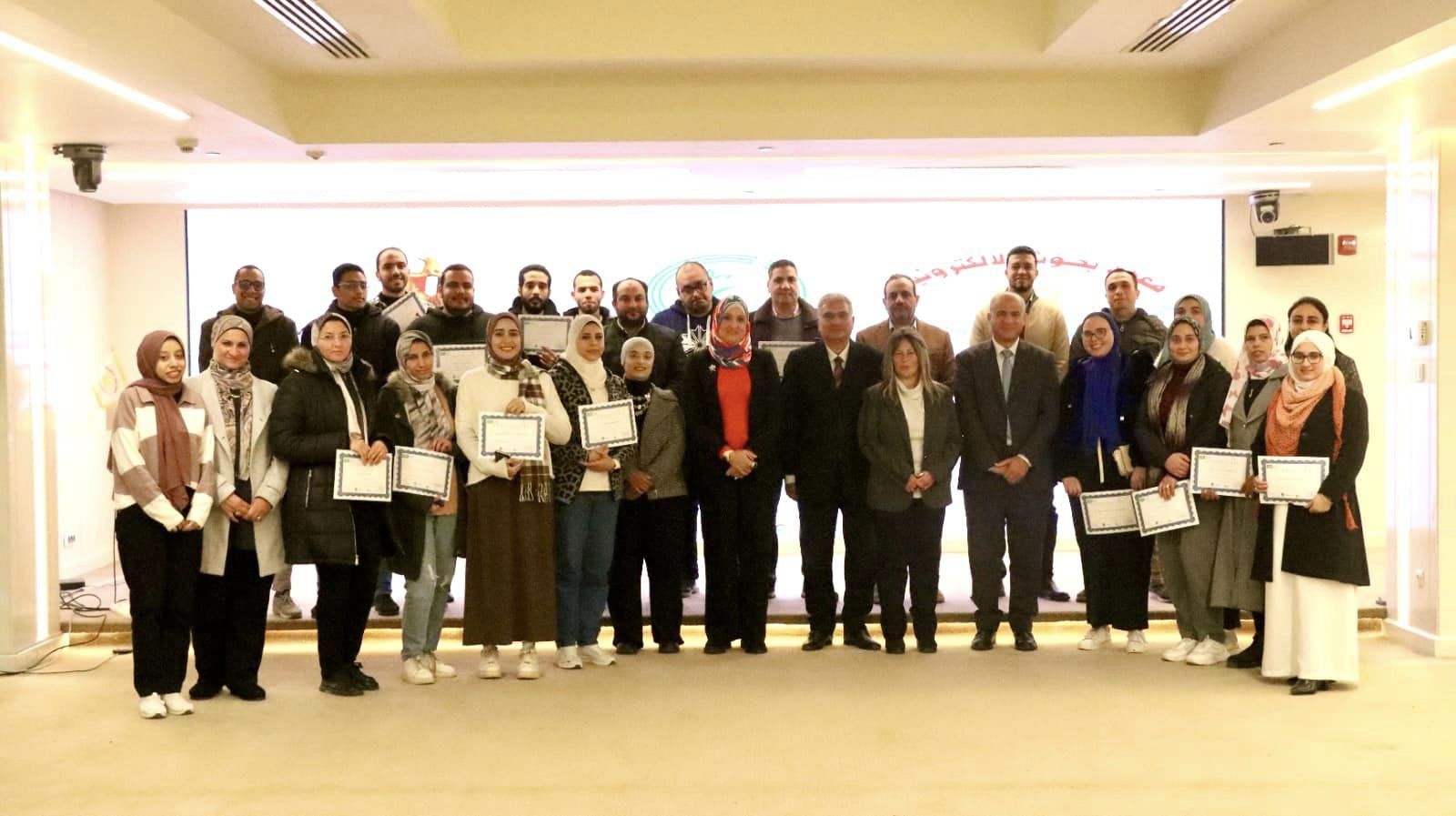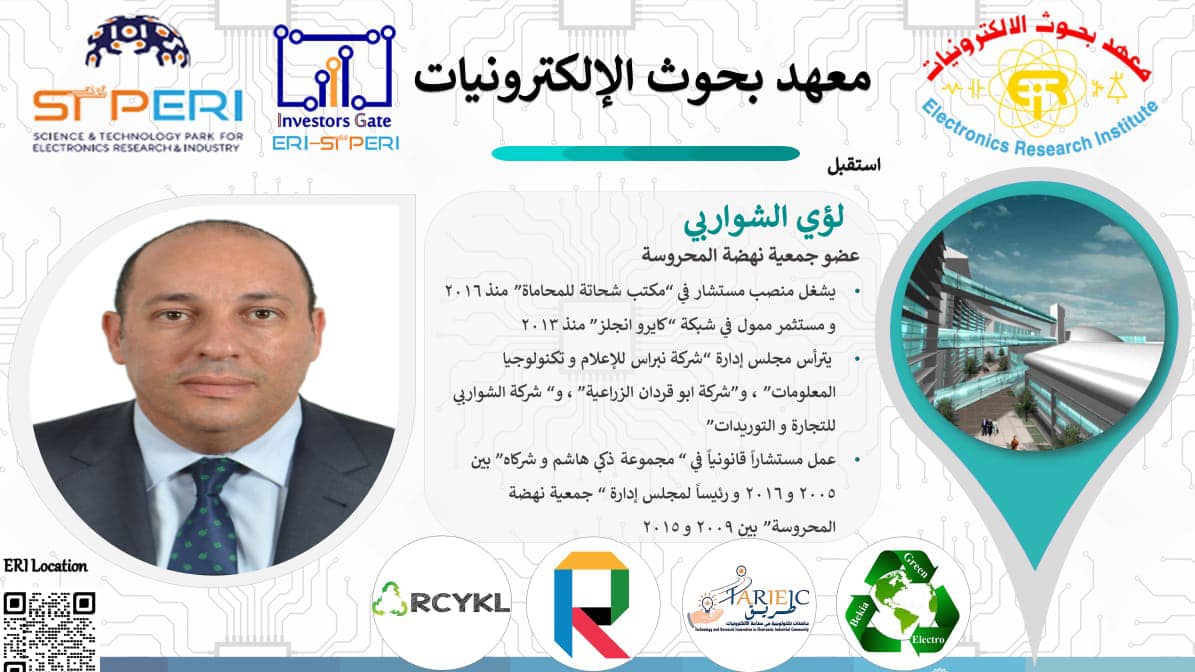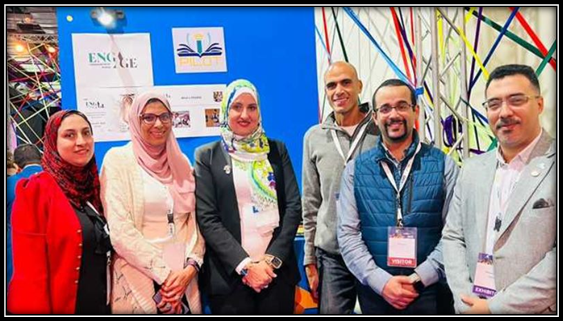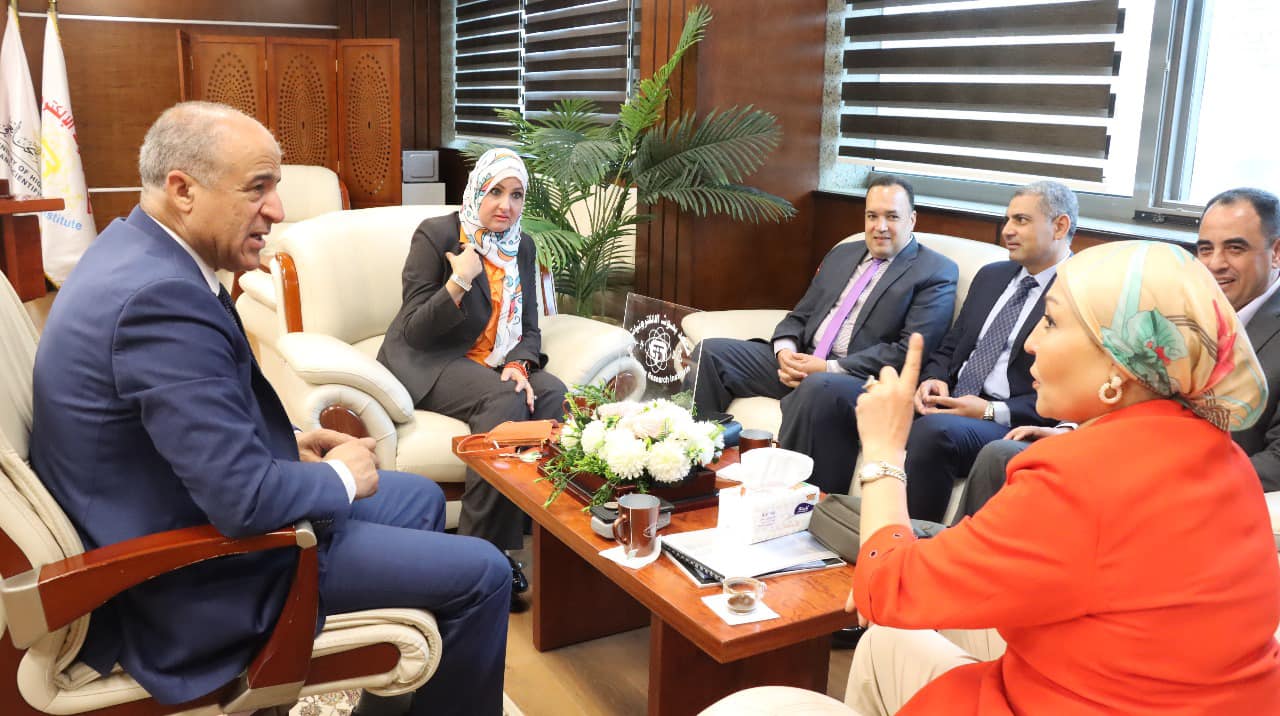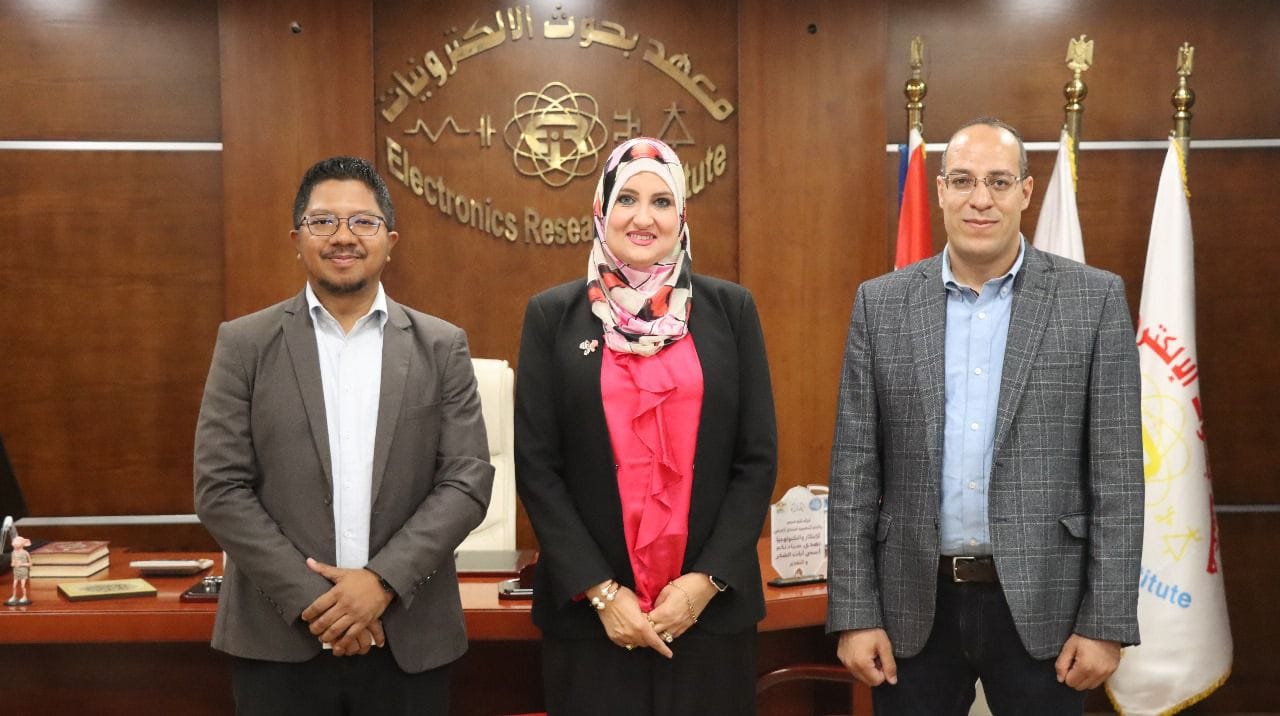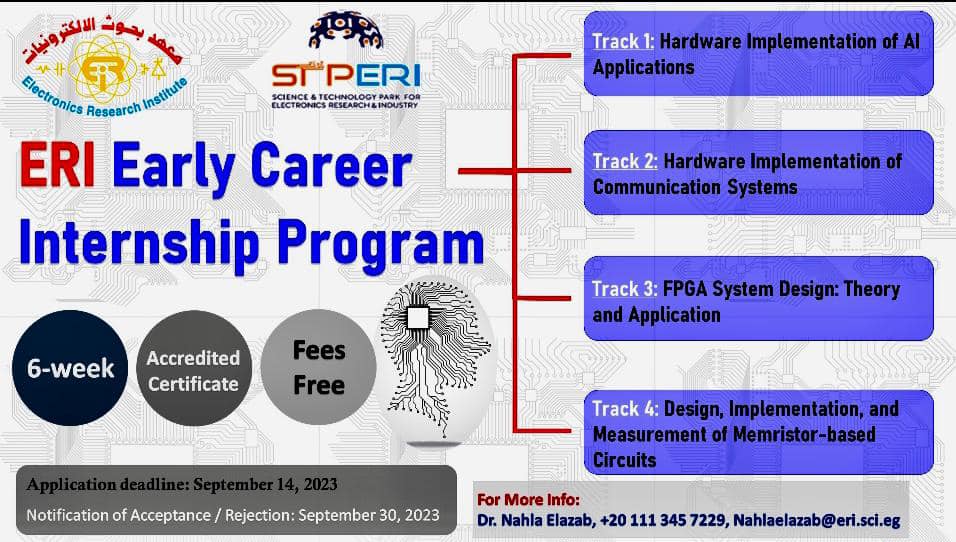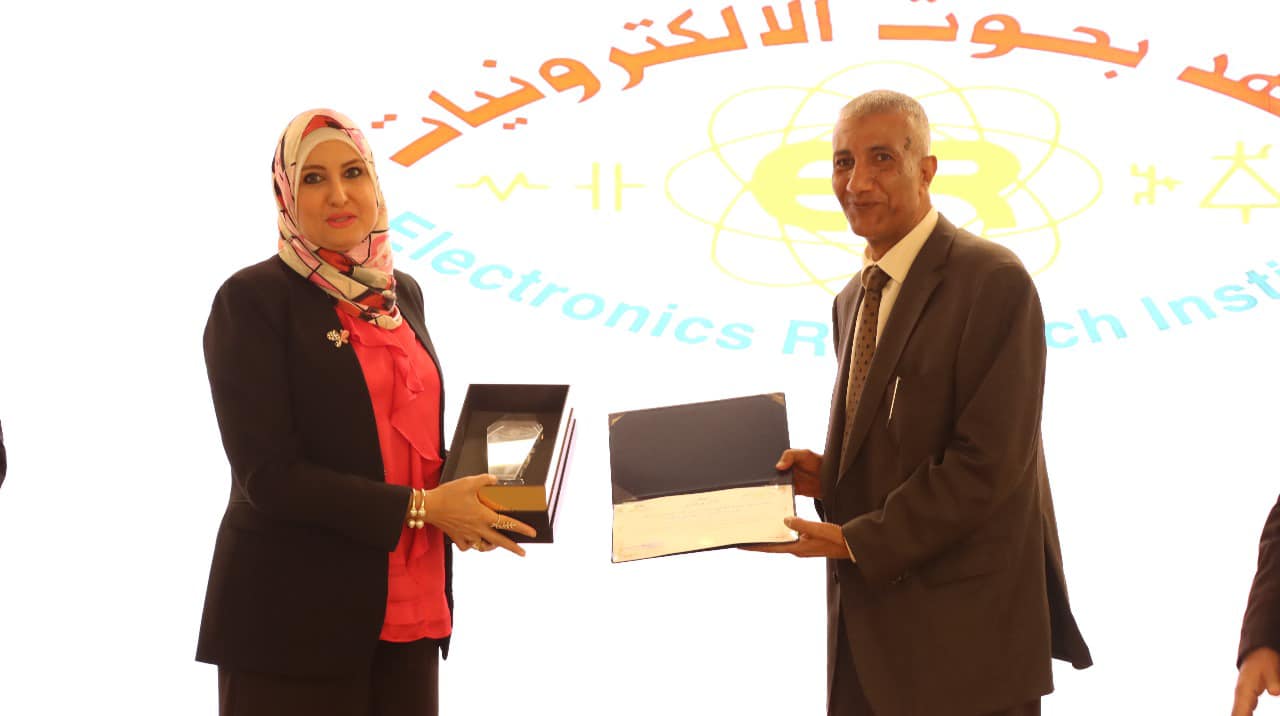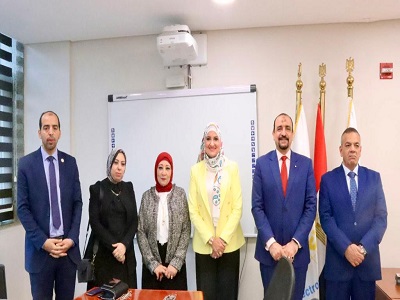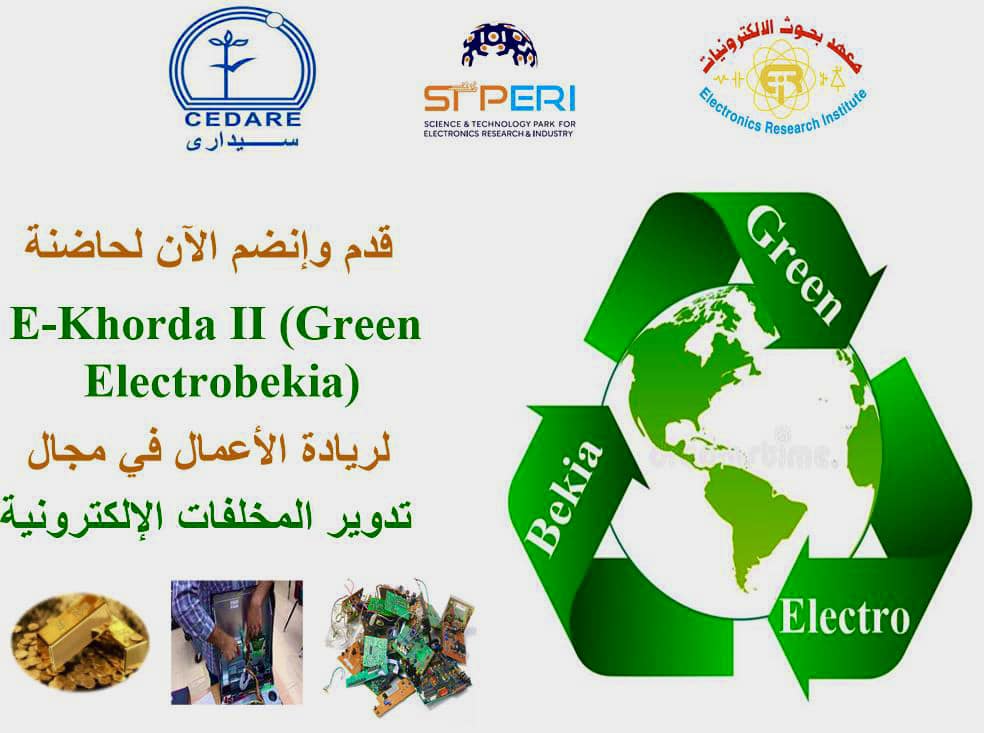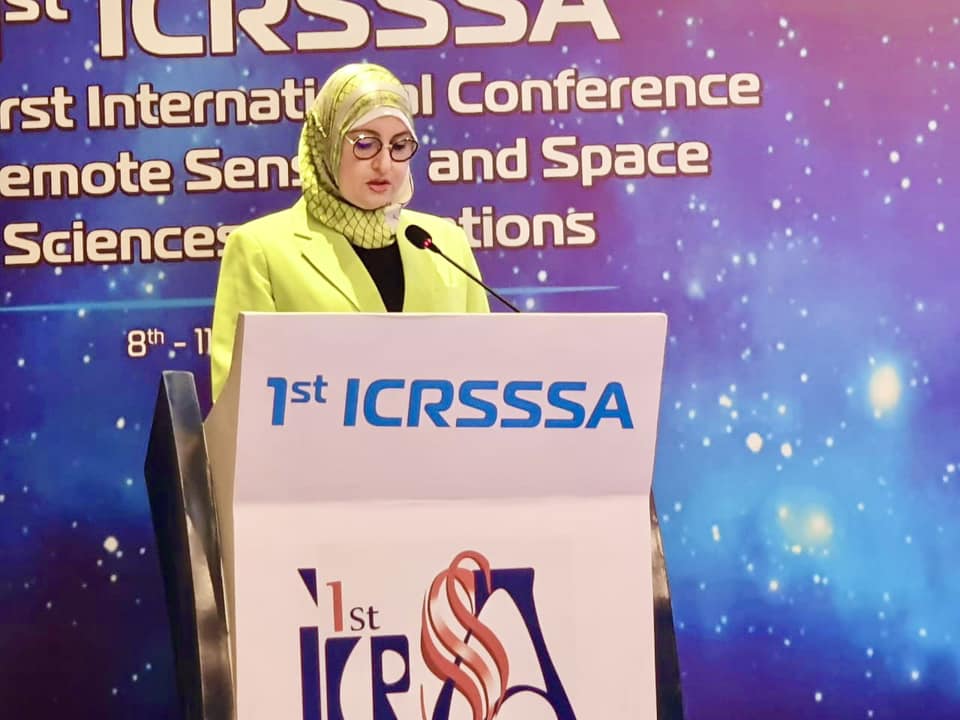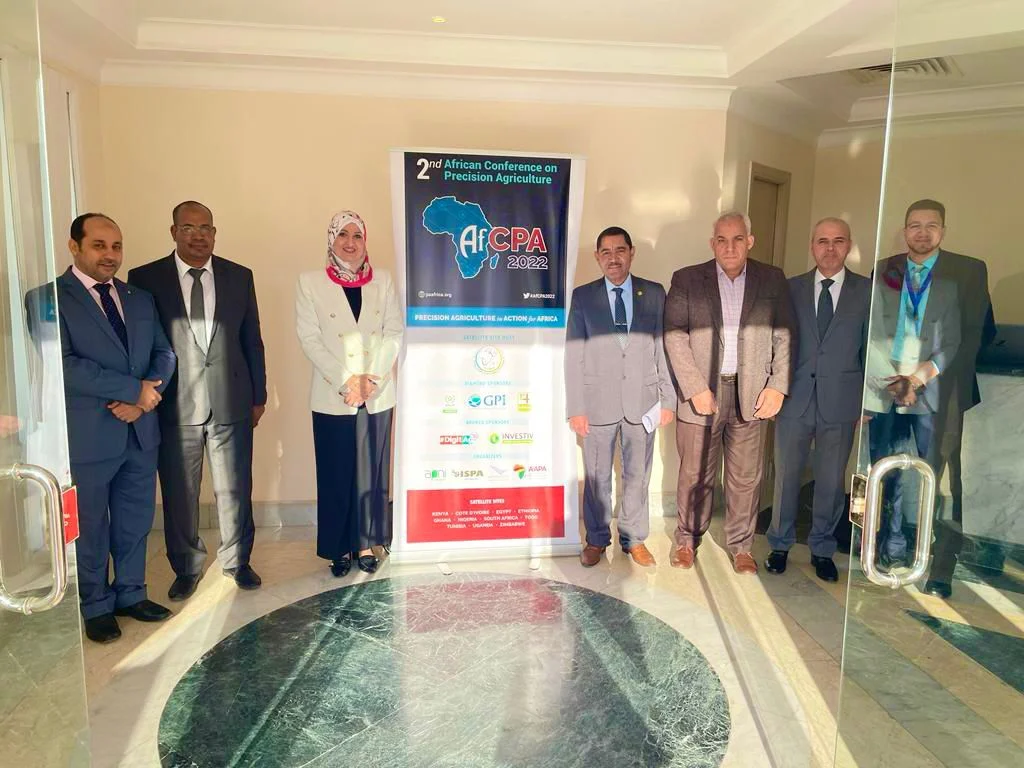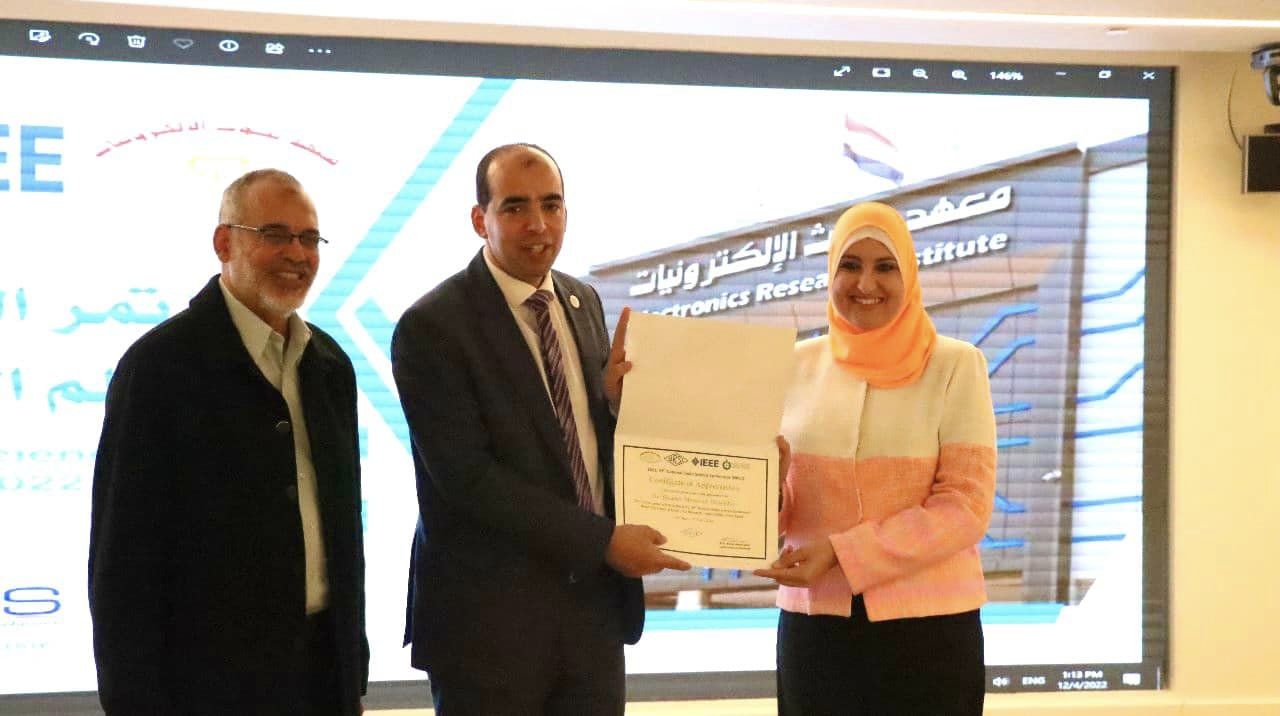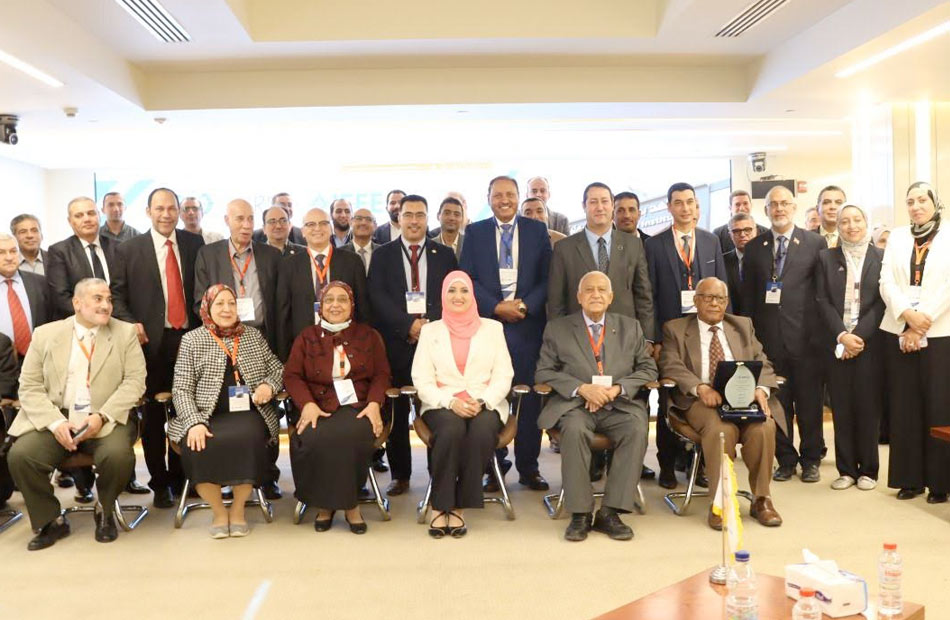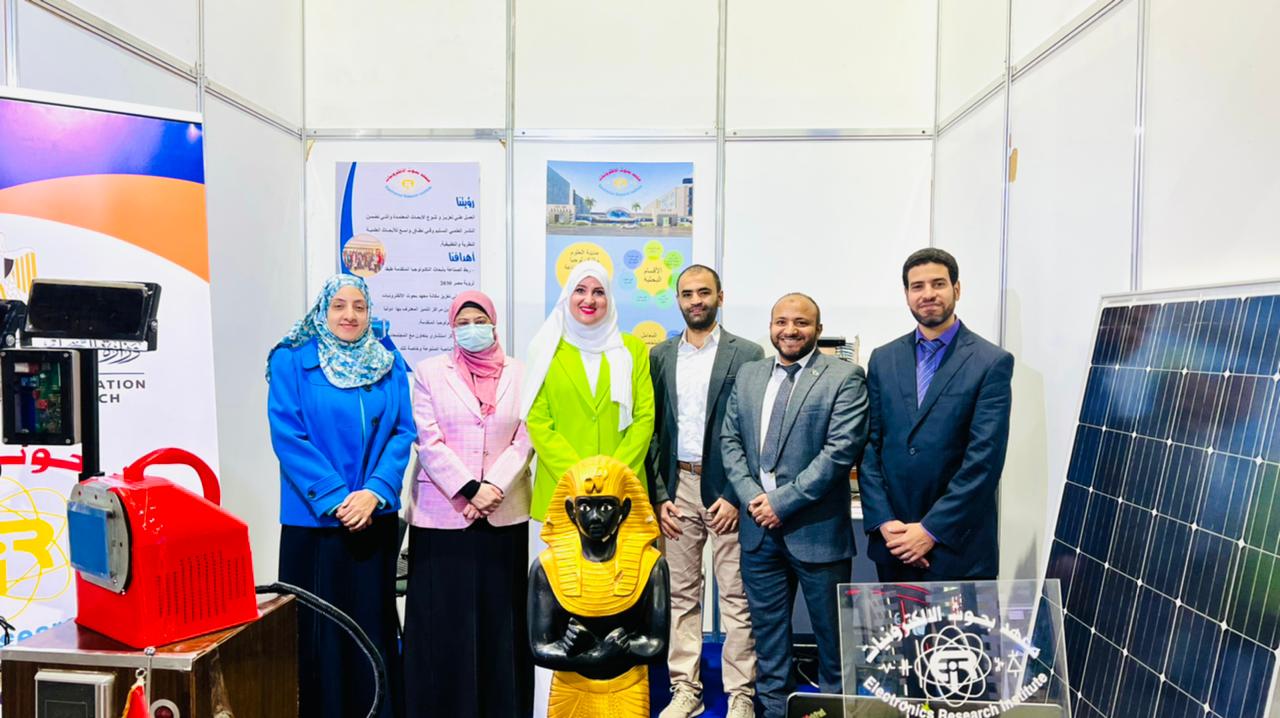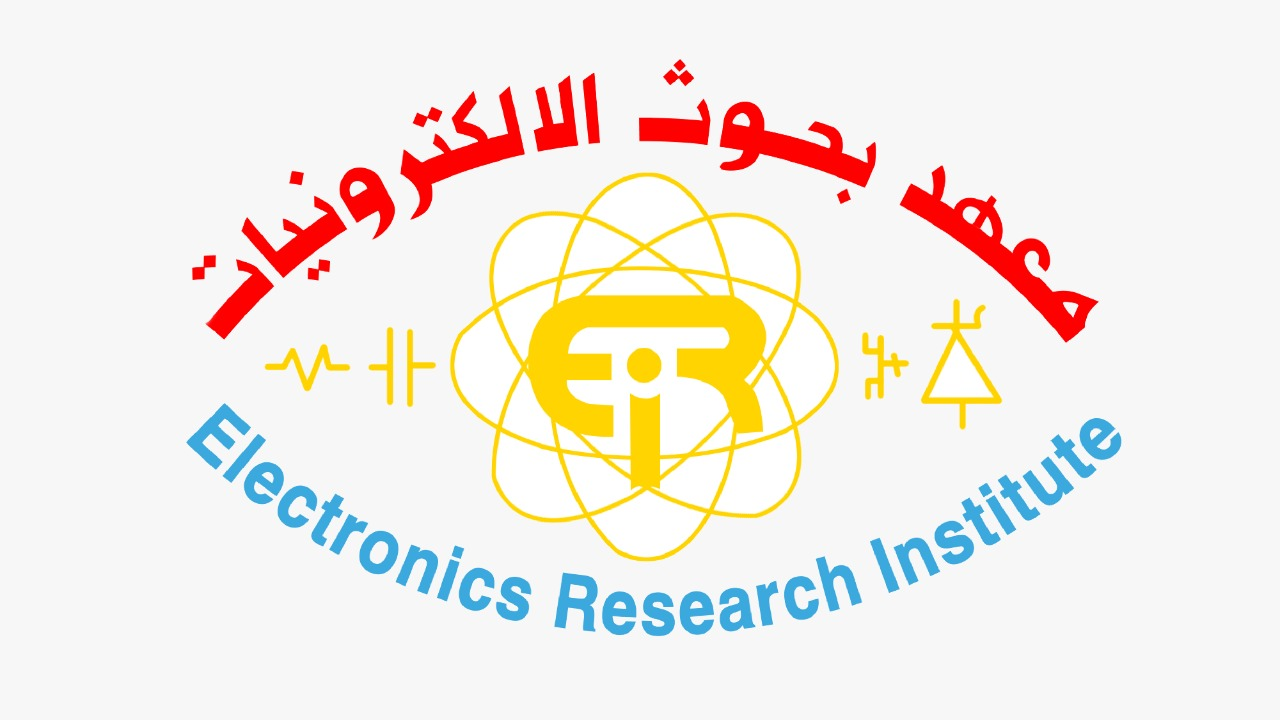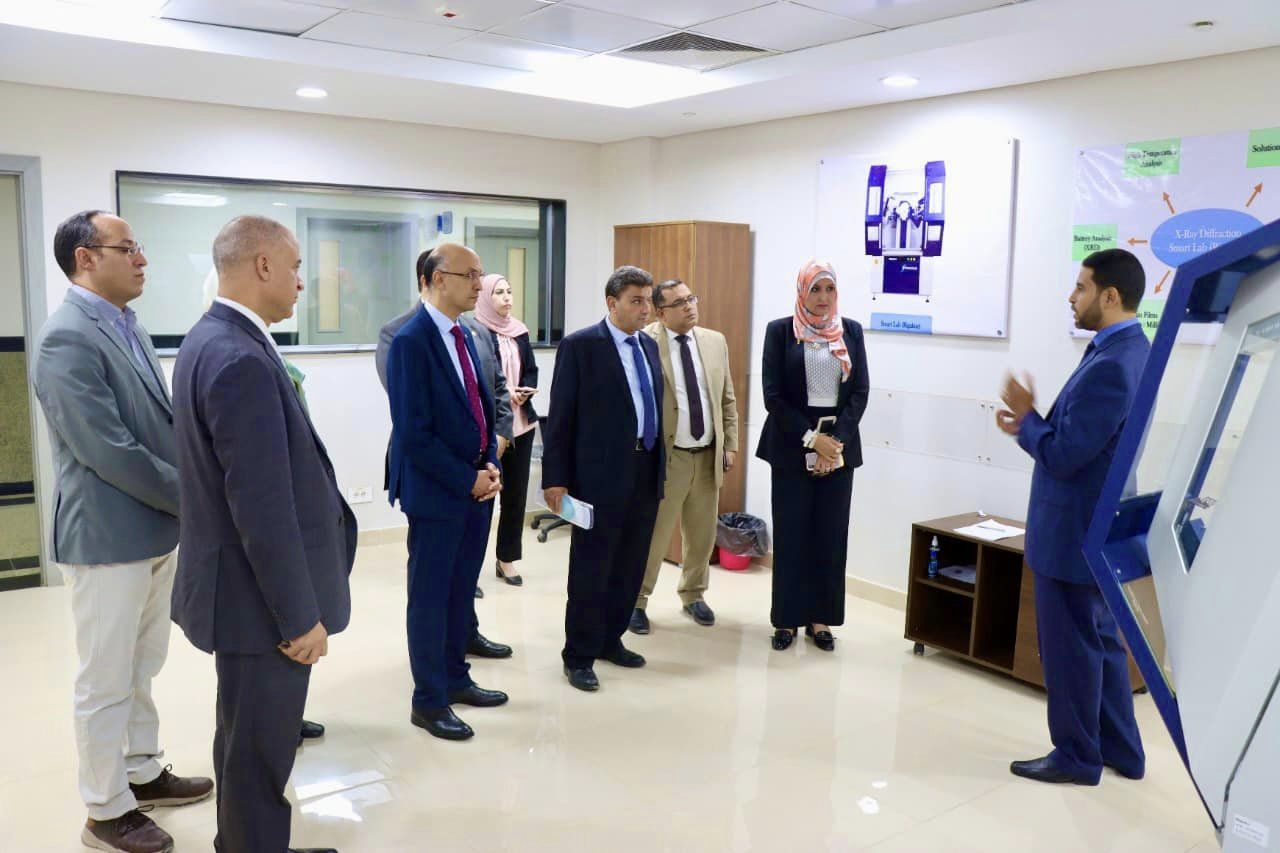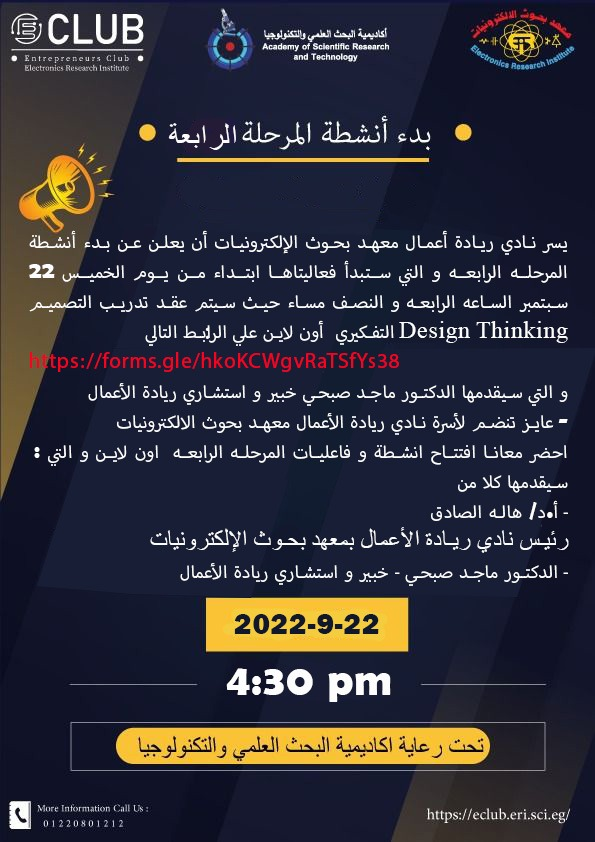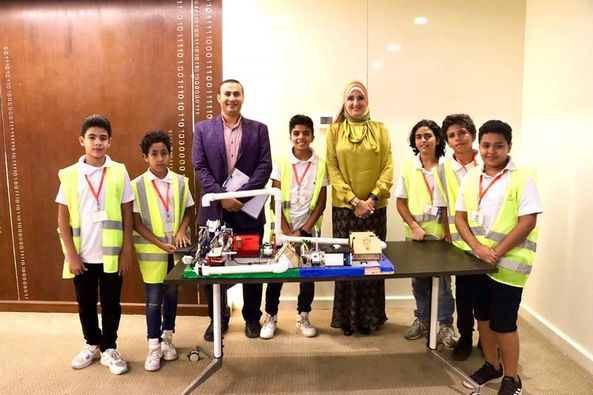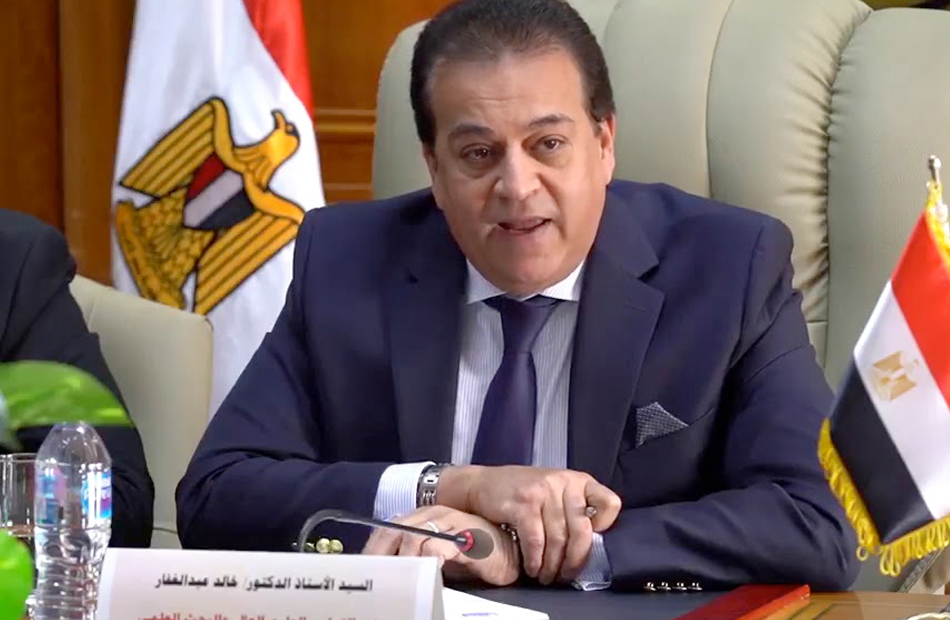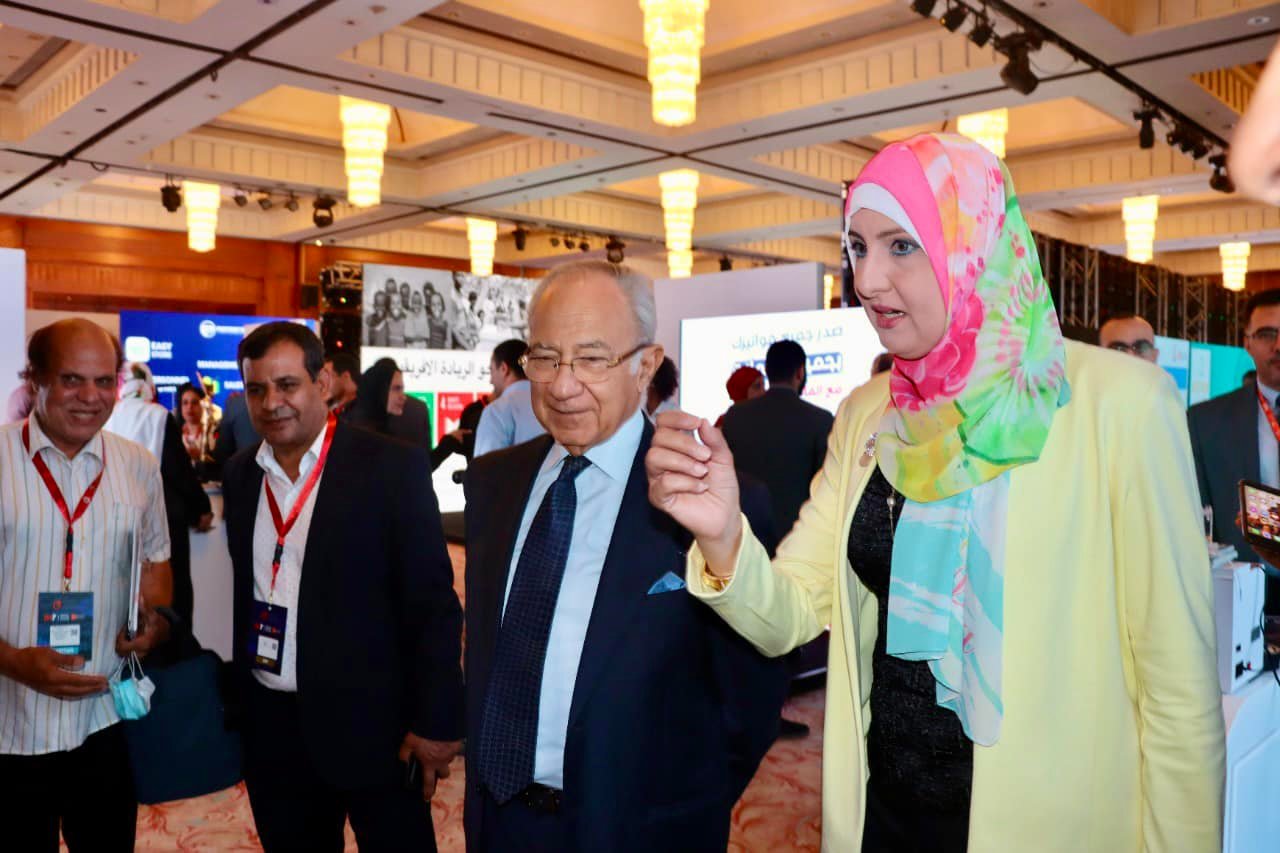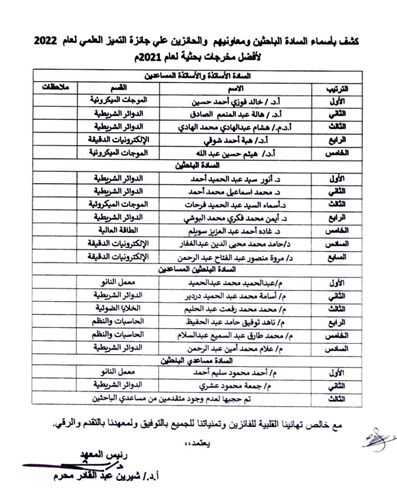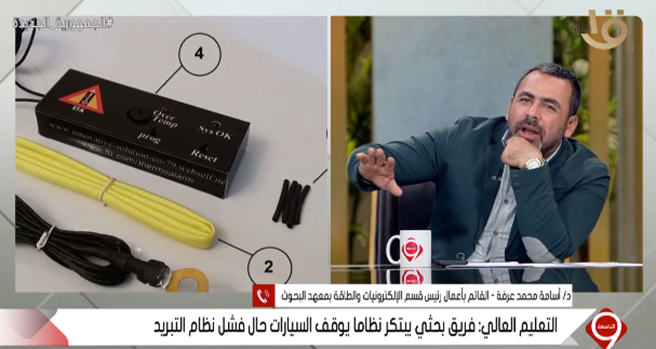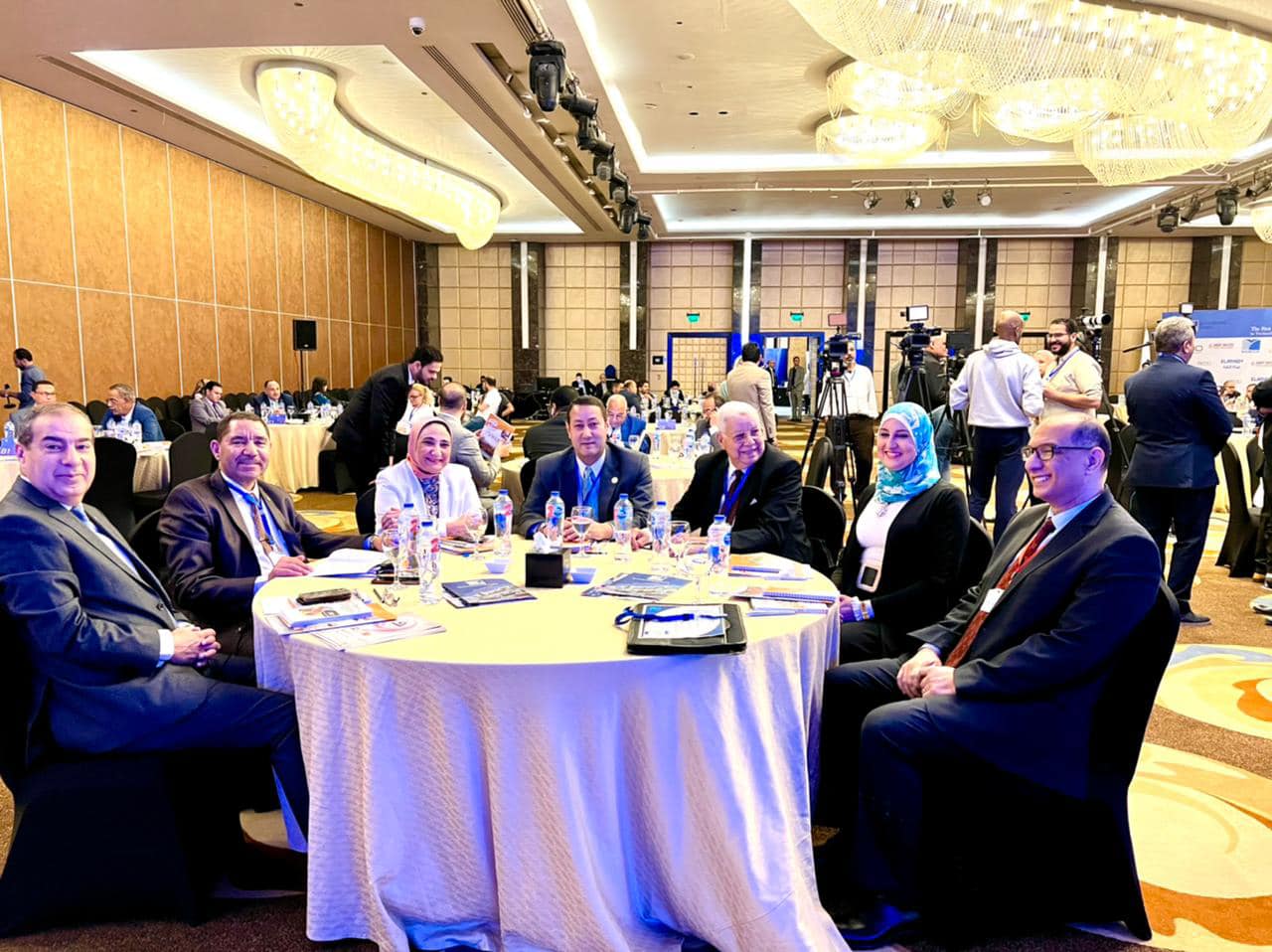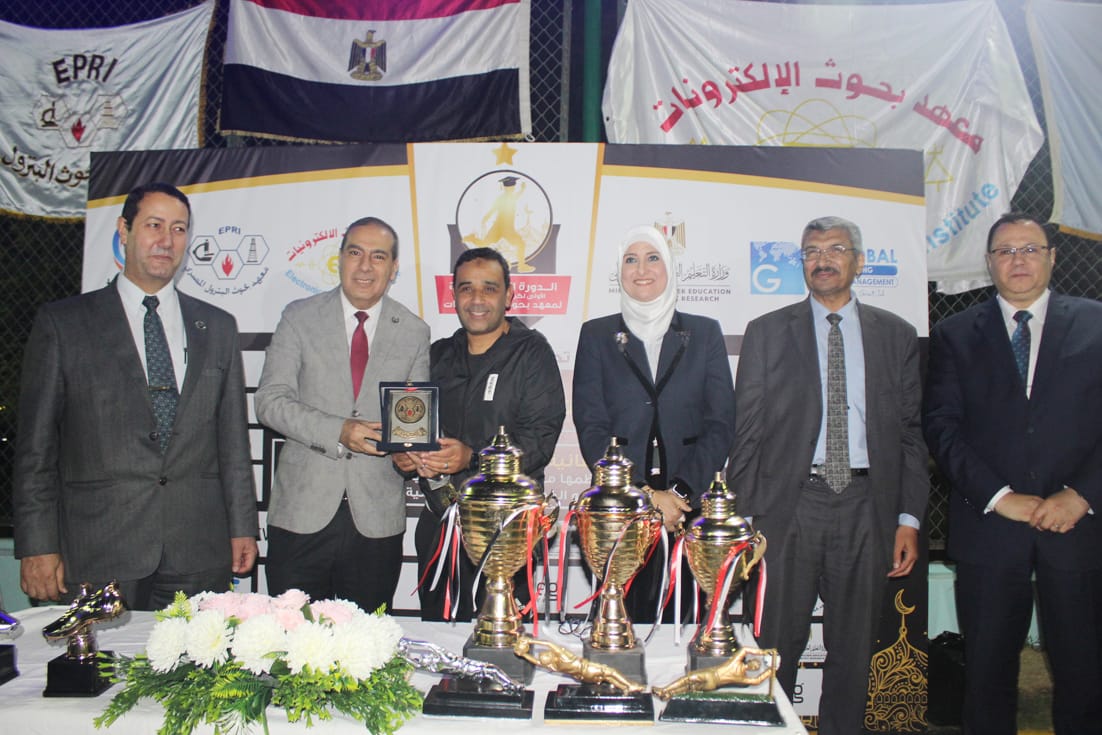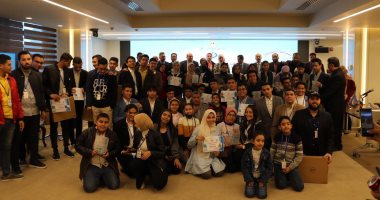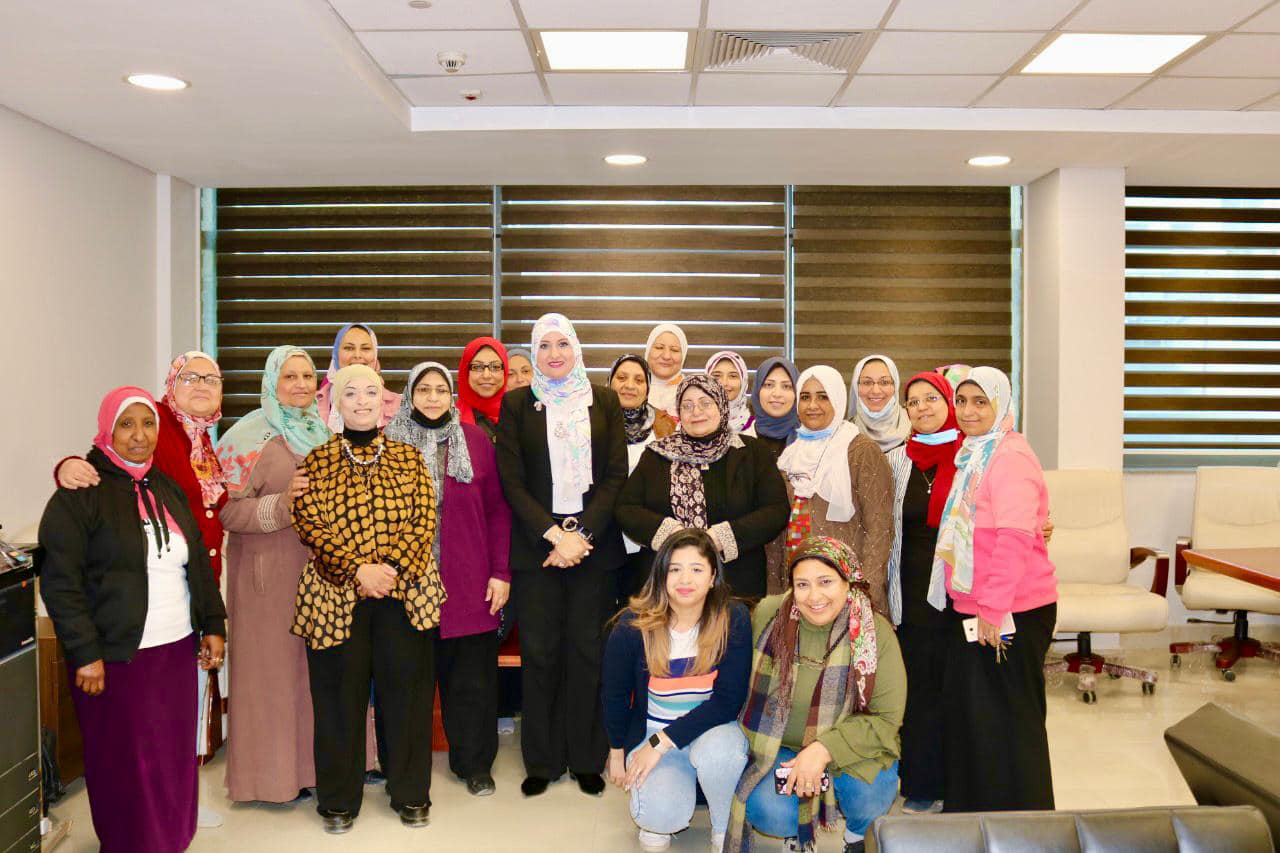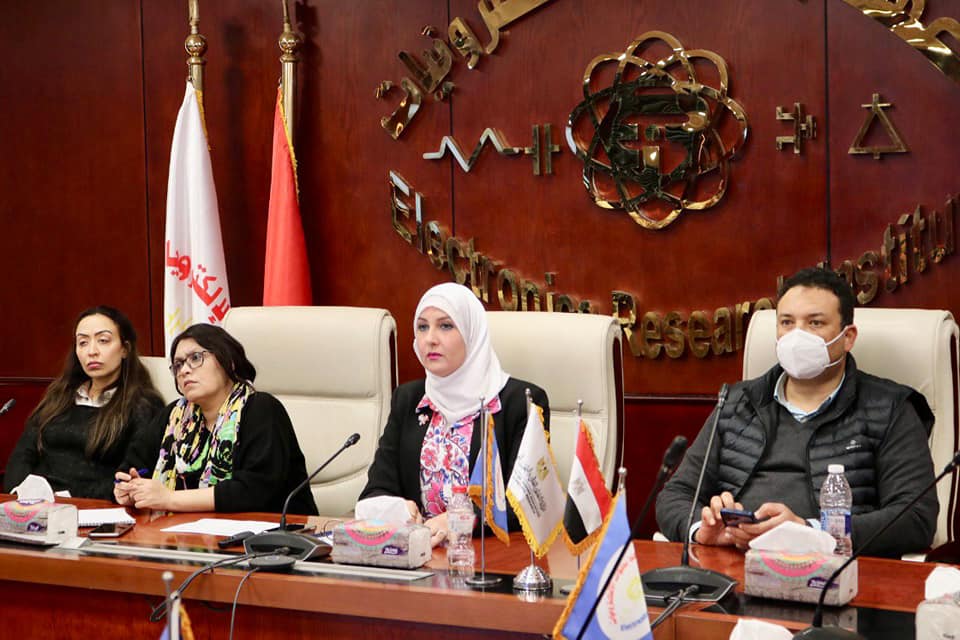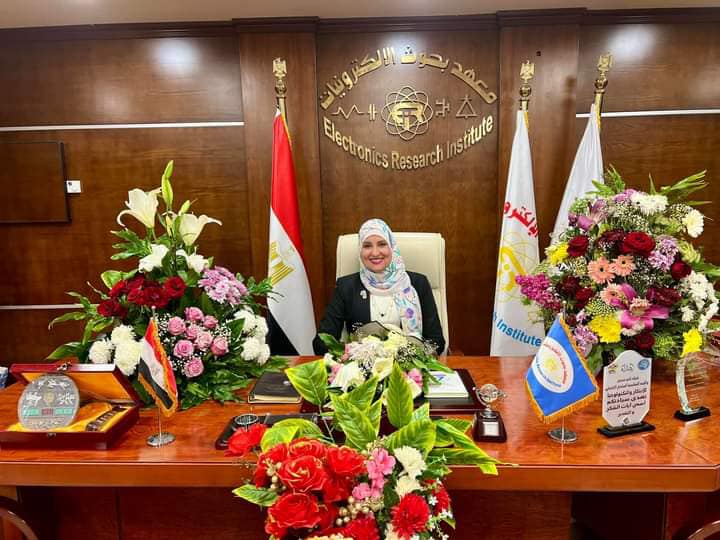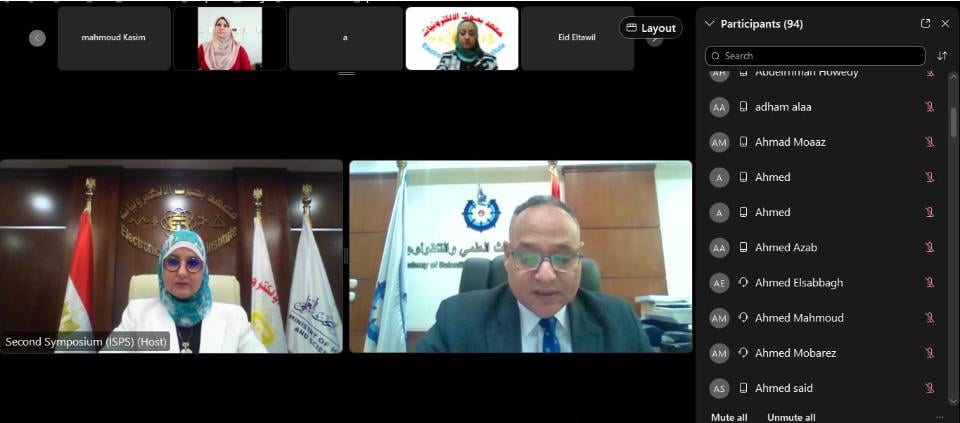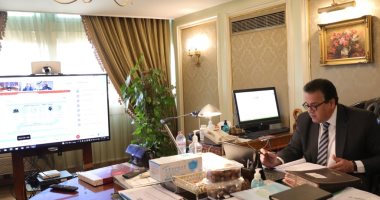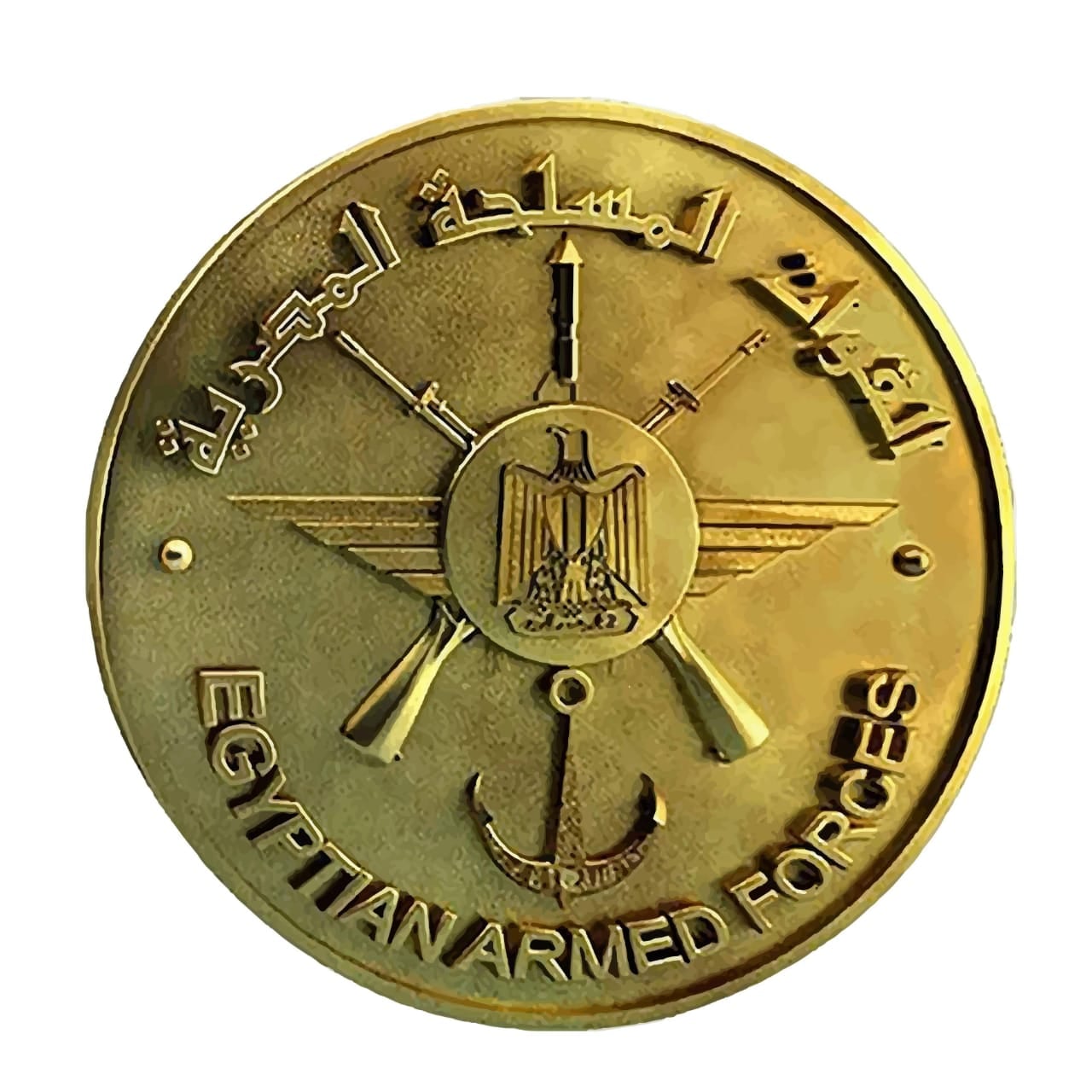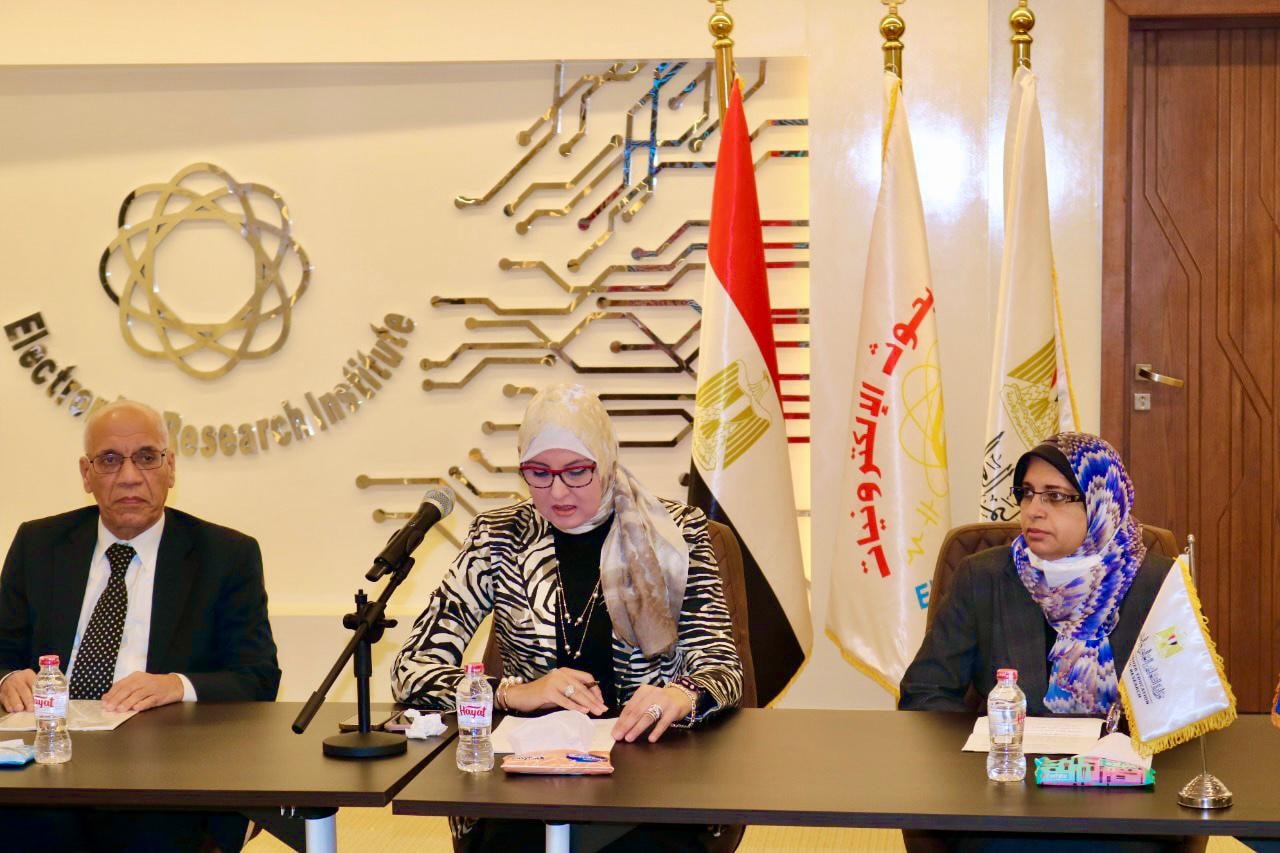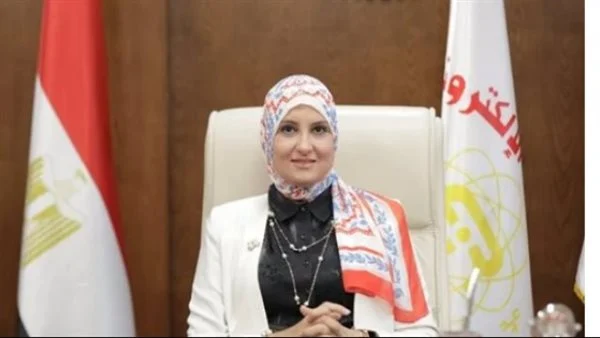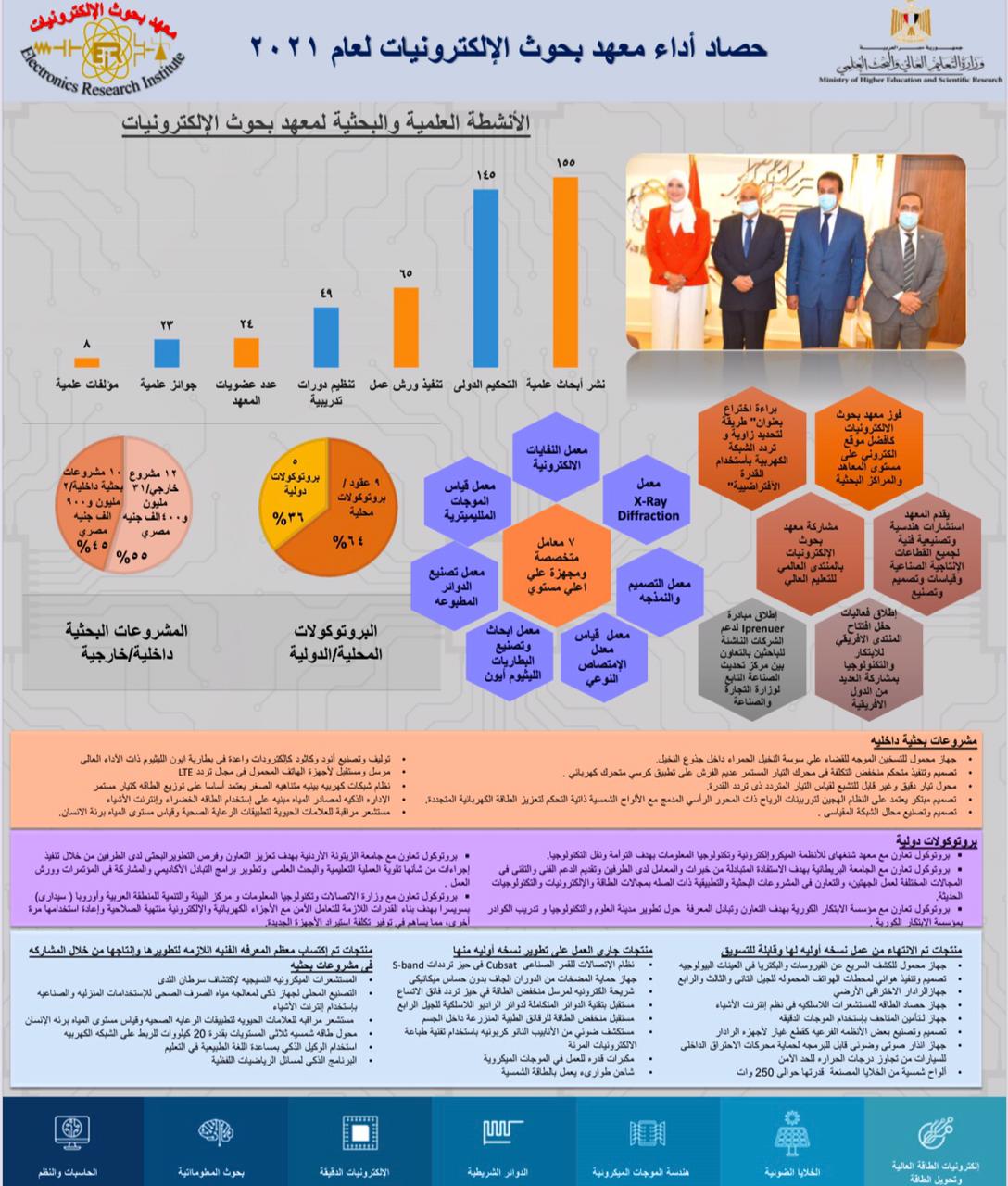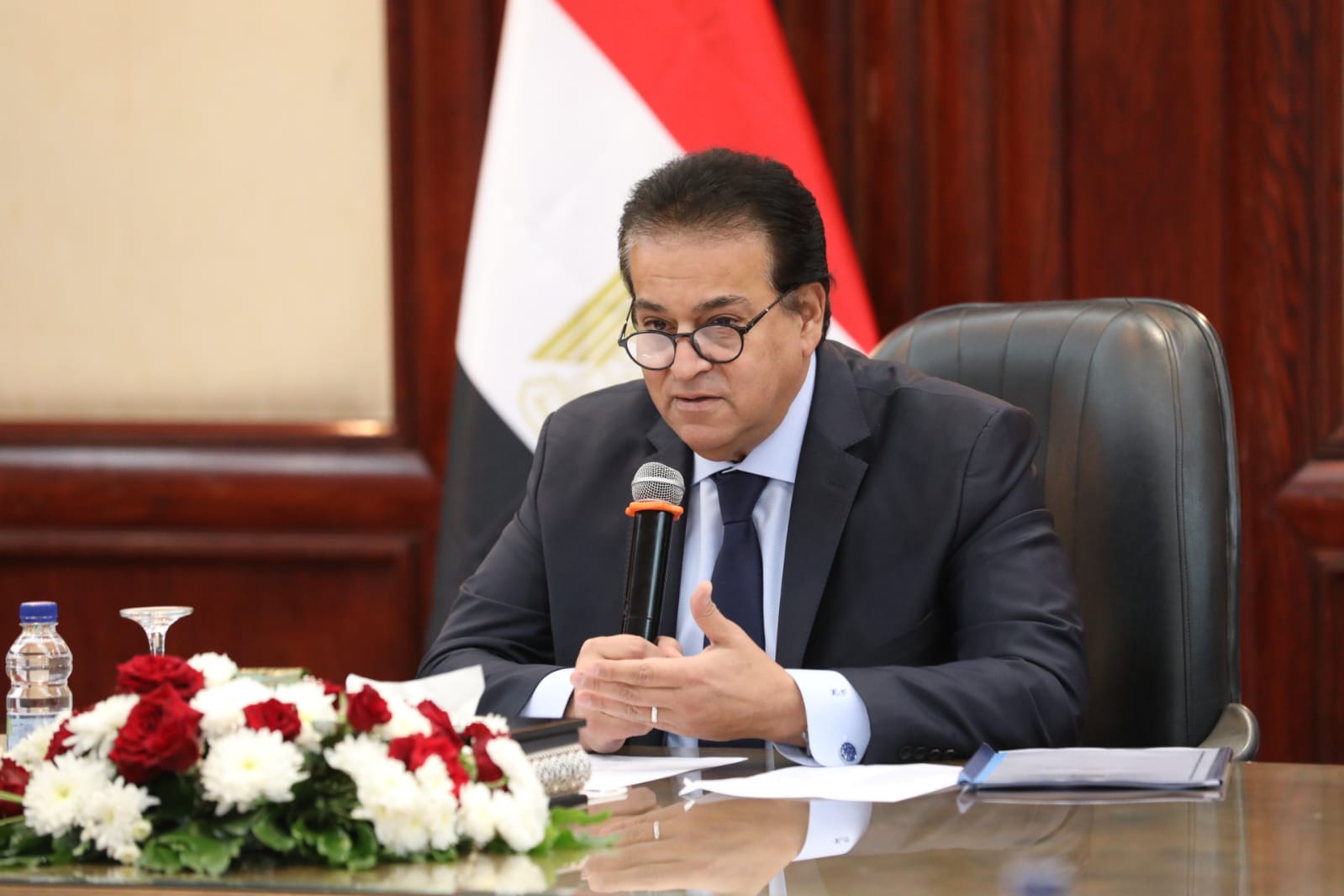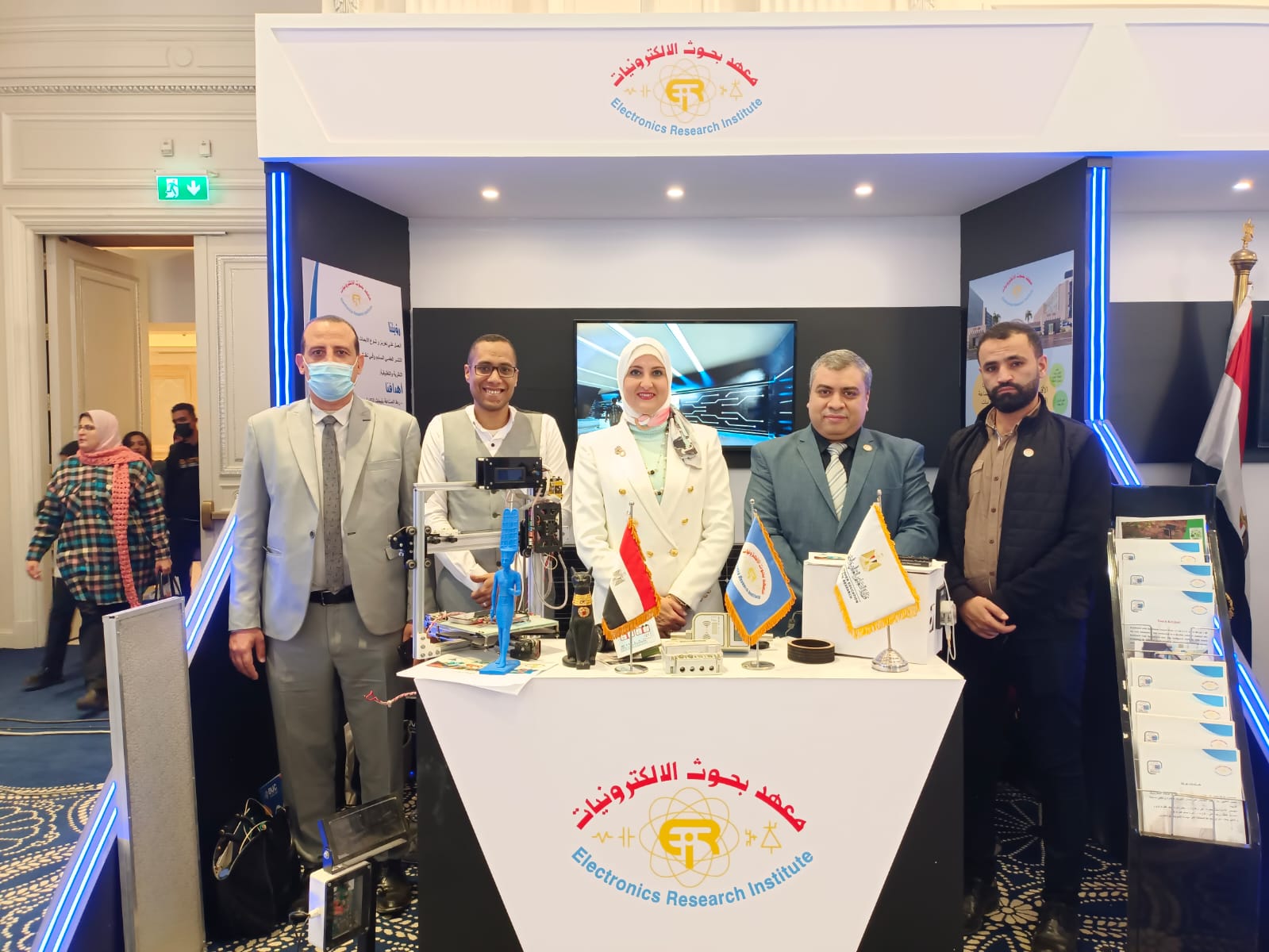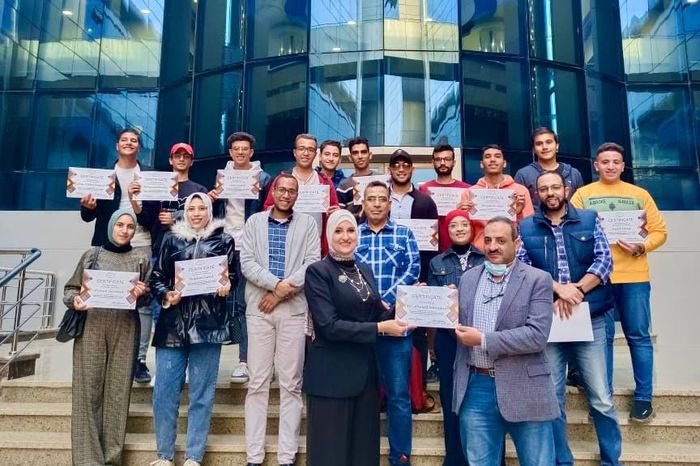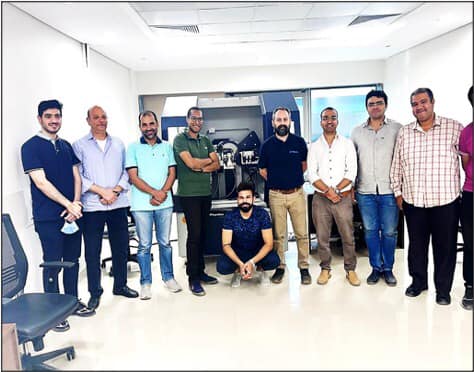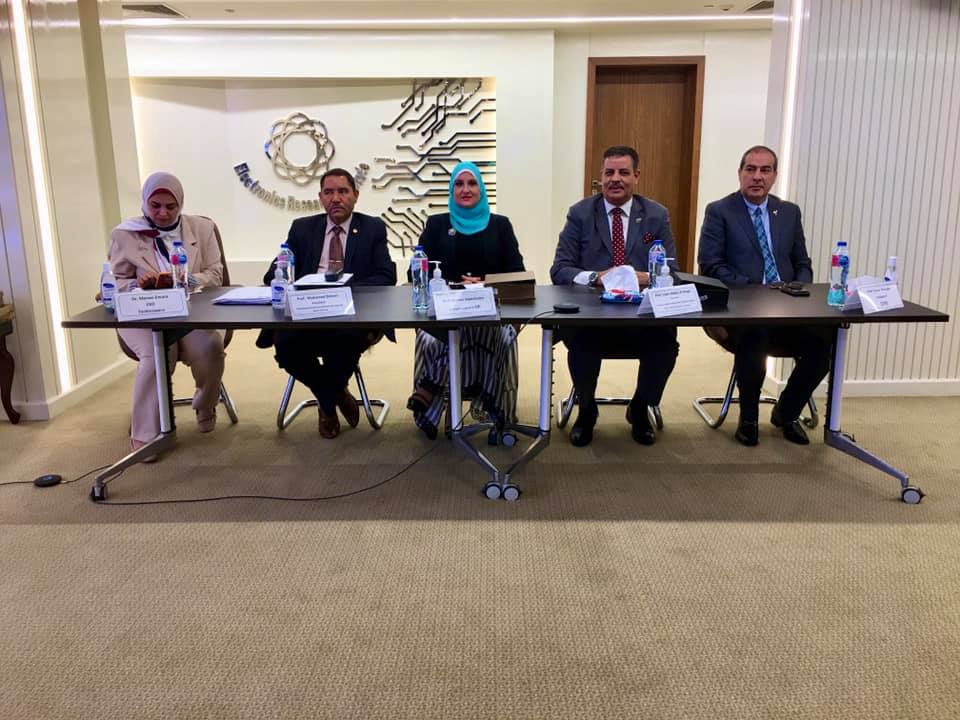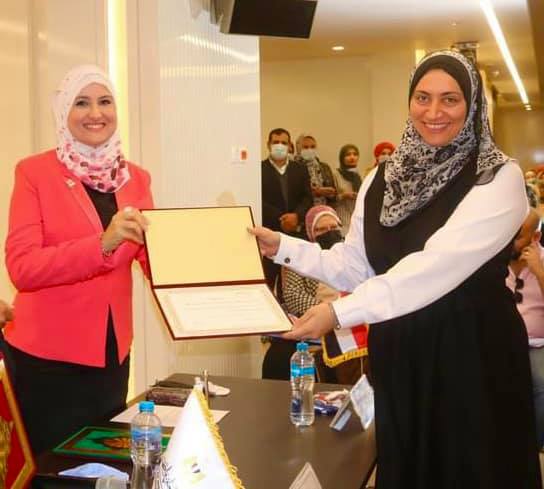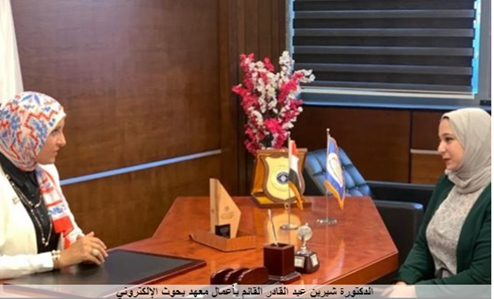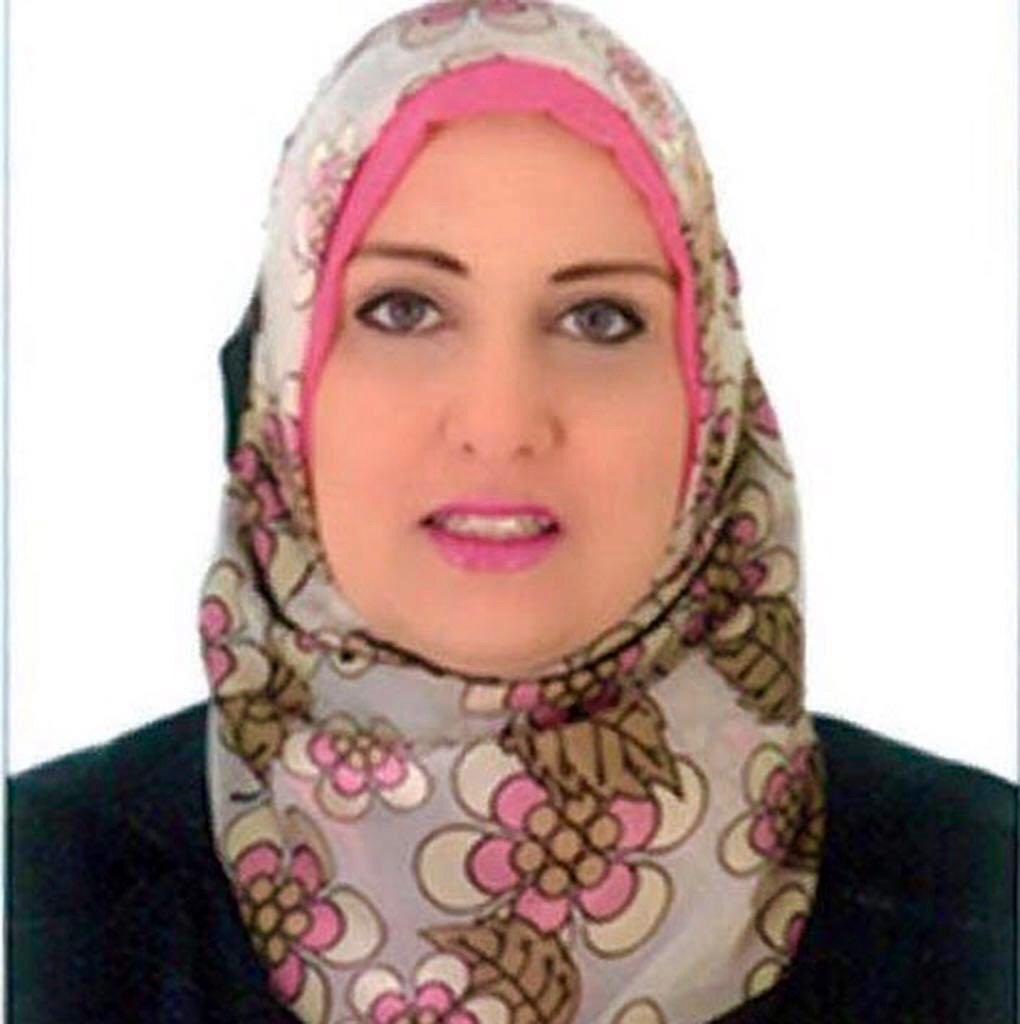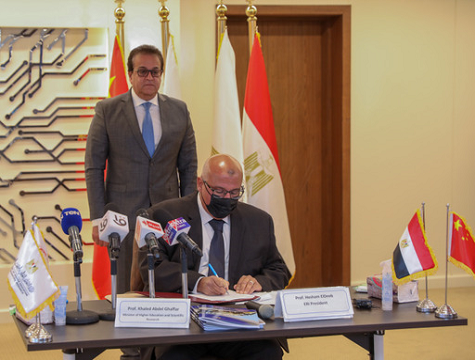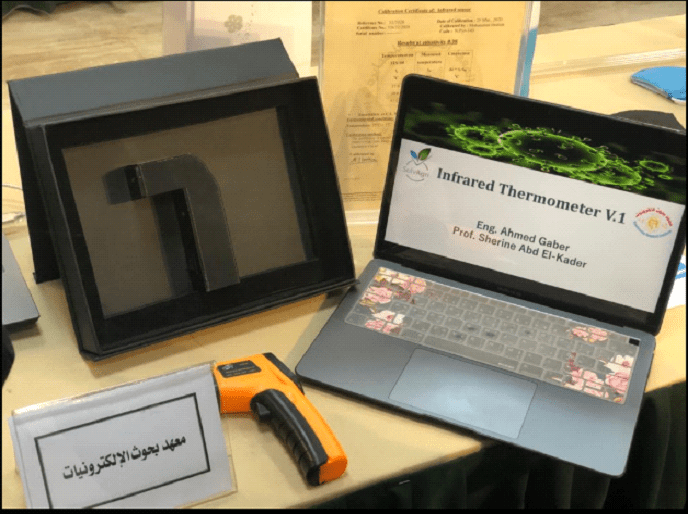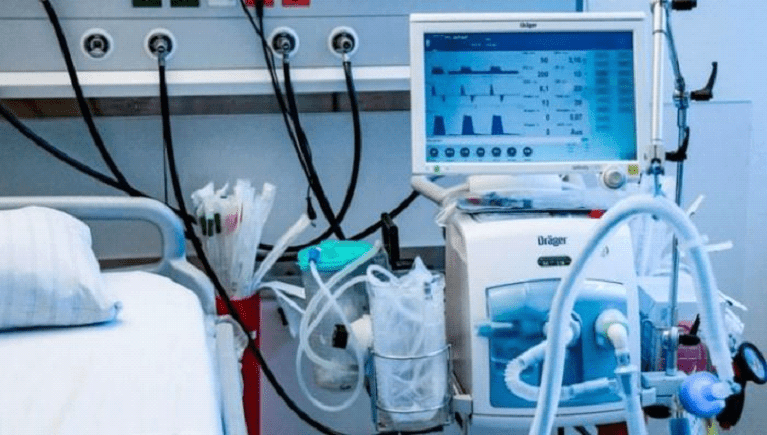To serve the requirements of the industry. A cooperation protocol between the Arab Industrialization and the Electronics Research Institute
Dr. Khaled Abdel Ghaffar, Minister of Higher Education and Scientific Research, and Lieutenant-General Abdel Moneim Al-Terras, President of the Arab Organization for Industrialization, witnessed the signing of the cooperation protocol between the Arab Organization for Industrialization and the Electronics Research Institute.In this regard, Dr. Khaled Abdel Ghaffar stressed that the ministry is keen to strengthen cooperation between the ministry's research centers and institutes and all sectors of the state to serve the achievement of the sustainable development goals for the state of Egypt 2030.Abdel Ghaffar praised the joint cooperation between the Arab Organization for Industrialization, as an edifice and an industrial back-up for the state, and the Electronics Research Institute, which serves the requirements of industry in Egypt.Deepening local manufacturingFor his part, Lieutenant General Abdel Moneim Al-Terras stressed the importance of partnering with the Electronics Research Institute to exchange experiences and support the state's efforts to increase the proportions of the local component and the added value of Egyptian products, reduce imports, and localize digital technology in various electronic industries.In this regard, the "Terrace" praised the efforts of the Ministry of Higher Education in all research and applied fields and the expertise of the Electronics Research Institute, this scientific research edifice specialized in basic and applied research in various electronic fields.He explained the importance of cooperation between Arab Industrialization and the Electronics Research Institute to achieve the highest rates of local manufacturing and the transfer and localization of global technology in this technologically advanced industrial field at the international level.Research and applied projects and exchange of experiencesHe added that it was agreed on joint cooperation in research and applied projects, exchanging experiences, organizing conferences and scientific seminars, exploiting the capabilities and possibilities available between the two sides, as well as training researchers in the units of the Arab Organization for Industrialization and its training centers, as well as training cadres of engineers in the Authority through specialized training courses at the Electronics Research Institute.The Terrace also pointed to the importance of strengthening joint cooperation to research successful models of technical and economic feasibility at the Electronics Research Institute and other universities, centers and research bodies, which can be applied at the industrial level by transforming research outputs into quantitative production, to achieve Egypt's Vision 2030.The first Egyptian product for tabletsIn this context, the Arab Organization for Industrialization gifted its first production of the first Egyptian producer of tablets, produced by the Electronics Factory of the Arab Industrialization.In turn, Dr. Sherine Abdel Qader Muharram, President of the Electronics Research Institute, stressed the importance of strengthening the partnership with the Arab Organization for Industrialization to build a national scientific and technological base in digital electronic industry technologies through technological development and innovation."Abdul Qadir Muharram" added that the inventory of production inputs is underway to study their manufacture locally, and to benefit from scientific research at the Institute and the advanced capabilities of Arab Industrialization, and to form joint working teams to study needs and set implementation mechanisms at specific times, both with regard to the manufacture of electronic products as well as the manufacture of components that are imported From abroad, according to the latest modern global systems.He stressed that the Egyptian industry is strongly returning to its leadership in light of President Abdel Fattah El-Sisi's continuous follow-up to programs to deepen local industrialization and transfer and localize technology in accordance with the standards of the Fourth Industrial Revolution








